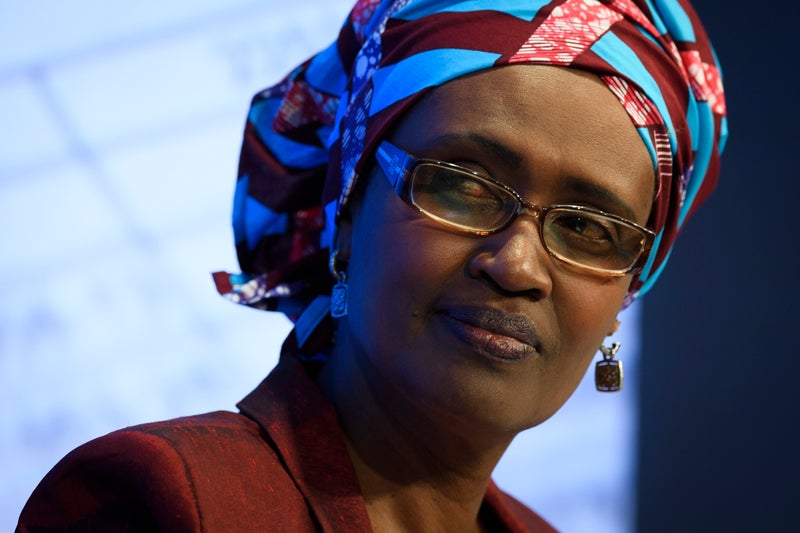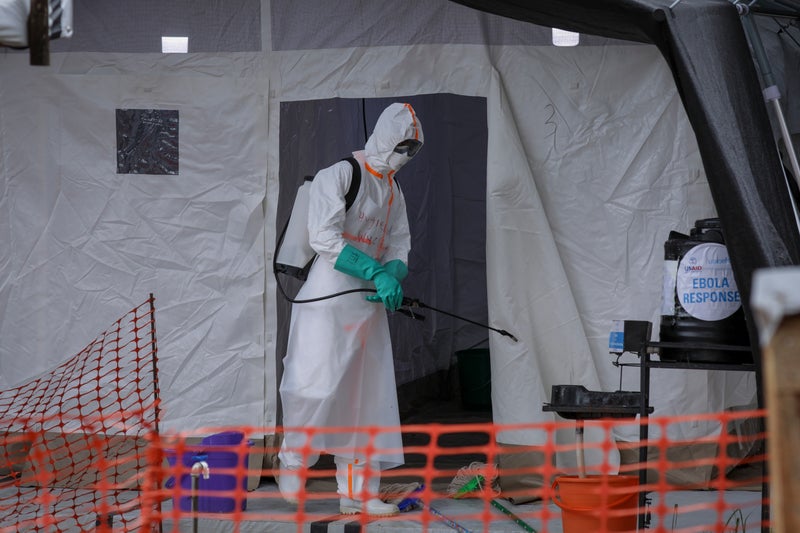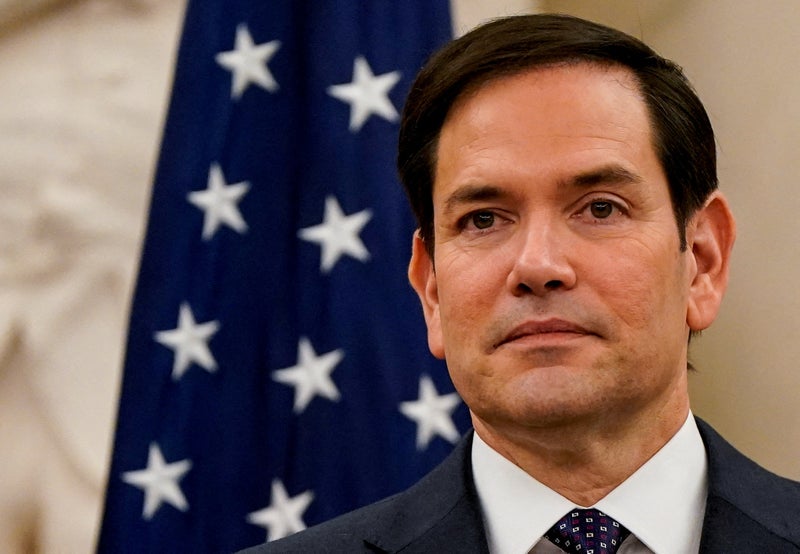In what will be seen as a signature act of the new Trump administration, the president and his team have denounced and dismembered the US government's international assistance arm, USAID, in a matter of three weeks. It is a decision that will have serious, real-world consequences - and the impact is already being felt in countries such as Uganda. Trump latest: President doubles down on Gaza plan. The health ministry in Uganda has announced its intention to shut all dedicated HIV/AIDS and tuberculosis (TB) clinics in the country. Stand-alone pharmacies supplying antiretroviral drugs will also be closed.
These facilities provide HIV treatments and preventative therapies to millions of people in Uganda, including an estimated 1.5 million currently living with the virus. An official said the closure of HIV clinics was a necessary response as the country grapples with the loss of funding from USAID. Directors and staff at the country's public hospitals have been instructed to offer the same services at their outpatients and chronic care departments.
A USAID initiative called the President's Emergency Plan For AIDS Relief - or PEPFAR - has bankrolled much of Uganda's HIV/AIDS relief plan and it's an initiative that has wielded impressive results. Specially trained staff and dedicated clinics are credited with bringing infection rates down from 19% in the late 1990s to 5% in 2024. 'We are still reeling'. Flavia Kyomukama, from the National Forum of People Living with HIV/AIDS Networks Uganda (NAFOPHANU), said she was stunned by Donald Trump's decision.
"We are still reeling from the shock of what they have done, it is very difficult to understand," she said. "There was a memorandum of support [between both countries], there was roadmap [towards zero infections] and they make this decision in a day.". Shifting HIV/AIDS-related care to public hospitals is deeply problematic, Ms Kyomukama added. These facilities are often overwhelmed, and they offer little, or no, privacy. It is a serious issue in a country where those carrying the virus are badly stigmatised.
"Surveys show 30% of health workers have a negative attitude towards people with HIV," Ms Kyomukama said. "So, we're going to see [patients] dropping out [of their treatment plans], drug resistance will increase and we will see more violence in hospital as people with HIV get attacked.". International correspondent. The Trump administration's destruction of USAID will bring about the virtual collapse of the international aid and development system, experts have warned.
The US government puts far more money into humanitarian assistance than any other country. In 2023, the most recent year for which data is largely complete, the Americans disbursed $71.9bn (£57bn) in foreign aid, representing 1.2% of total US government spending. It is a spending commitment that has remained remarkably consistent over the years. The Americans underwrite programmes in 177 individual countries with Ukraine registering as the biggest recipient in 2023. It received $16.6bn (£12.9bn) to maintain government services after the Russian invasion.
PEPFAR, USAID's best-known initiative, provides antiretroviral treatments to 20 million people infected with HIV/AIDS. The initiative supports NGO-run groups with an extended workforce of 350,000 people – with many employed at local clinics. The US also bankrolls key UN organisations, such as the refugee agency (UNHCR). Its total budget of $4.8bn (£3.8bn) is propped up by the Americans, who put in US$2bn (£1.6bn).
Without this funding, it is difficult to see how UNHCR can continue to support tens of millions of refugees in countries including Sudan, Syria, Turkey and the Democratic Republic of Congo. If the residents of refugee camps are not supported with basic services, they are likely to move. The question then is how US funding compares to other donors – and the answer is startling. According to the UN's real-time financial tracking service, Germany contributed funds in 2024 representing 8% of total humanitarian aid contributions, as did the European Union, with the United Kingdom at 6%.
The world, then, is worryingly dependent on the United States. Former international aid worker turned consultant Thomas Byrnes said: "The modern humanitarian system has been shaped by a long-term commitment from the US. "For decades, organisations like the UN agencies have relied on this predictable funding stream to address global crises. "The world faces a major shock and I don't think anyone is prepared for it.".
To alleviate the situation, Mr Byrnes said other donors – such as the UK and Germany – will need to make up the funding shortfall from USAID. But that is highly unlikely to happen. The United Kingdom, currently contributing $2.1bn (£1.7bn), would need to contribute an additional $1.5bn (£1.2bn) – representing a 74% increase. For Germany, the required extra contribution would be $1.8bn (£1.5bn), representing a substantial increase of 70%.






















